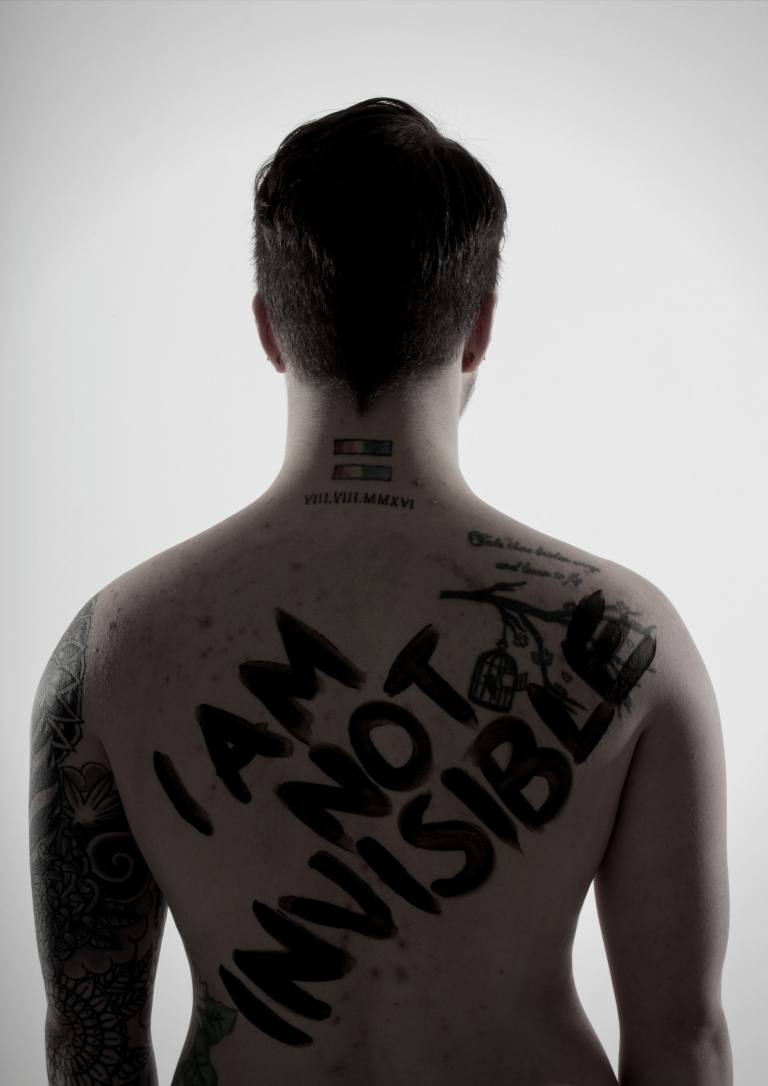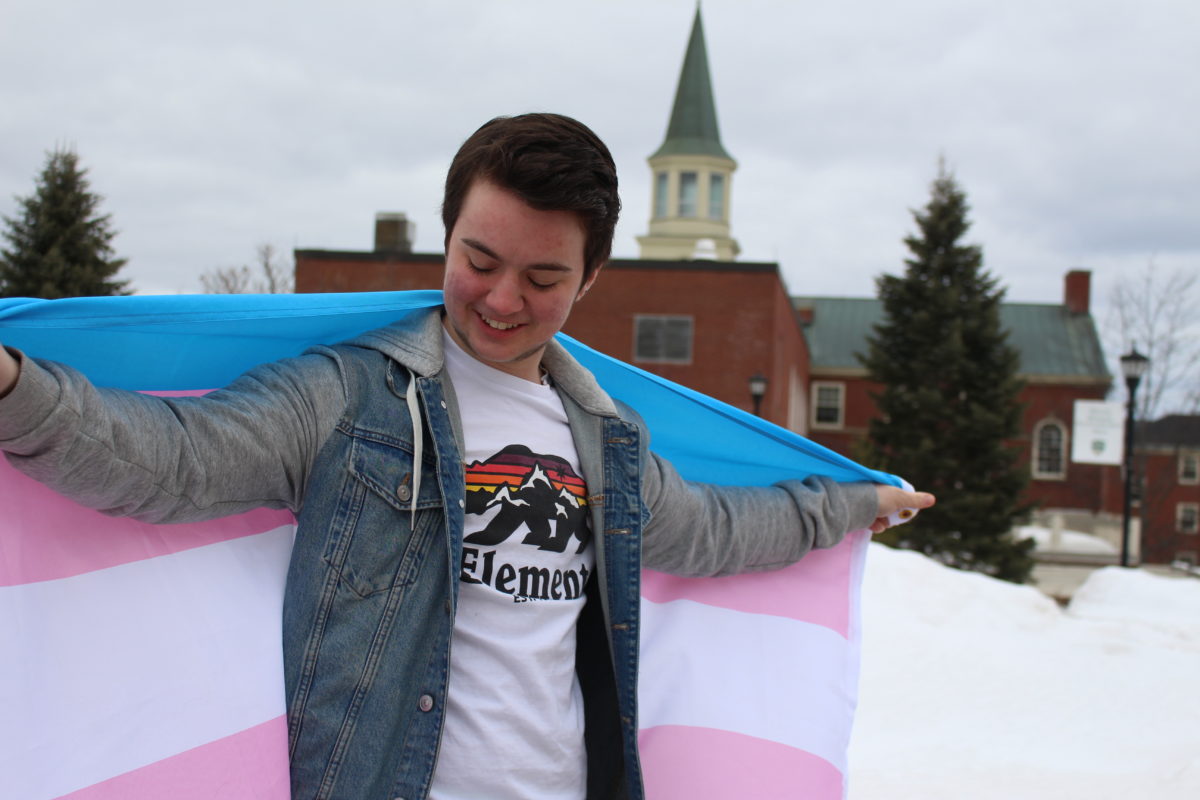What started as a class project is now challenging the lack of transgender inclusion in academia, causing a stir at St. Thomas University.
Jacob Roy, who is majoring in psychology and honouring in gender studies, has launched a project called [Trans]forming Education. The project was started for a human rights class and hopes to make transgender identities visible in academia.
Roy, who identifies as an openly visible trans queer man, said STU is doing well in terms of representation on campus with pride events and an LGBTQ advisor, but it’s not enough.
“It’s within the classroom itself that’s a problem,” Roy said. “[I] found that these things weren’t happening so much purposefully, but due to a lack of education.”

The things he references force transgender people into the shadows of academia. One example Roy gave is calling out attendance verbally in class. If a person’s preferred name is not their legal name, this can cause major problems for transgender people. When the wrong name is called they are forced to either out themselves in the middle of class, hide their identity, or pretend they are not present — rendering them invisible.
Although there are still many practical barriers for trans people at STU, Roy said the major problem is the glaring lack of LGBTQ content in most class curriculums. His major concern is the undertones of biological essentialism in most courses. Biological essentialism is the belief that our identities are determined largely, if not solely, by our biology. Not only does this completely erase intersex people, but it disputes the fact that your gender is separate from sex, erasing the possibility for transgender identities.
Roy has been talking to classes about his project, but was not welcome in all. He was told he was not permitted to present in certain classes, with some professors even trying to have him banned.
Debates surrounding academic freedom are currently dominating universities around the country. Professors are free to teach what they want in their courses, and that right is protected. However, Roy believes it’s not academic freedom if professors refuse to teach students certain things.
“It’s really not academic freedom if we’re not really helping people form well-rounded educations, if we are not giving them a diverse range of perspectives. That’s the whole point of university,” Roy said.
For Roy, it is not about forcing professors into anything. He does not wish to ban people from teaching biological essentialism, but believes alternative theoretic spheres should also be presented.
“No, they aren’t required to change their curriculum, but shouldn’t they want to? Shouldn’t we want to include people in the discussion? And want to learn?”
“I think my whole experience as an academic is trying to know as much as I can and learning as much as I can. I think that makes us well-rounded people as well as well-rounded academics.”
Erin Fredericks, the LGBTQIA+ resources advisor at STU, said projects like this are especially relevant at STU, which promotes critical thinking and has a large LGBTQ community. Fredericks said a student engagement survey found the LGBTQ community makes up approximately 15 per cent of students at STU.

Fredericks believes by changing policies and programs the culture at the university will be broadened and challenged. She said it’s important to hear from the community, and especially students. Fredericks said “policies are just paper” and what matters is the reaction to and culture surrounding the issues.
This is exactly what Roy hopes to target with [Trans]forming Education. He has big plans for his project and hopes to create more safe spaces for LGBTQ people and provide training for those who want to offer these spaces. He plans to create a self-lead education manual which will include best practices and tips for how to create inclusive curriculum and learning environments for LGBTQ students. He wants the LGBTQ community to be represented in academia and has started a petition to show the university that this is something students and faculty care about.
“I don’t want STU, by any means, to think I’m bashing them entirely, every university has its problems and every university has its strengths. STU definitely has strengths but there are also weaknesses. There’s nothing that’s perfect,” Roy said.
“Until people [are] educated on it and given the tools to access that stuff, we’re never going to get to a point where it can further our education.”

